
As COVID barrels forward, so does Monkeypox
The resurgence of the Monkeypox virus has many fearful just as the COVID-19 pandemic also surges. Another public health emergency could be on the horizon, not for just Americans, but globally if spread continues. As of Wednesday, July 20, the Director-General of the World Health Organization (WHO), Tedros Adhanom Ghebreyesus, said there were 14,000 global cases, with five deaths.
With a lot of the cases centralized mainly in Europe, there have also been some cases in a few African nations. Africa is currently treating it as a health emergency, but with many cases in Europe being reported as mild cases, many health officials deem it unnecessary to declare it a global epidemic.
Monkeypox has also reached America, as cases have spread in many states like New York, Illinois, and Pennsylvania, to name a few. Vaccines have arrived in limited quantities in Philadelphia specifically, with over 2,600 available only to high-risk people, but not necessarily for those who have recently been exposed or who have tested positive for the virus. Officials hope for more abundant amounts of vaccines so that anyone who wishes to get one, can get it.
For many, because Monkeypox has been contained and its spread limited in the last 50 years, its return has many older generations remembering what it was, and many young people wondering what it is and about its harmful effects.
For some, they start to feel flu-like symptoms, swollen lymph nodes, and overall unwellness. For others, many start to see bumps or lesions that can develop on the skin weeks after catching the virus. The lesions can show up anywhere on the body, including the mouth, face, and genitals. Transmission is mainly from skin-to-skin contact of any sort. That ranges from sexual intercourse, close proximity to others on subways, and touching clothes or bed sheets that have been in contact with Monkeypox.
In Philadelphia, the city is still working with a number of community health organizations to develop a strategy to best get information out about monkeypox, along with any other resources. One of those organizations that spoke to AL DÍA is Congreso de Latinos Unidos, primarily serving the city’s Latino community in the North.
“Congreso is currently working with the Philadelphia Department of Public Health to determine and prepare for the best strategies to address the monkeypox outbreaks that are affecting our community. Education and prevention are integral in stopping the spread of monkeypox and we encourage those who are at high-risk of infection to educate themselves and take appropriate precautions,” said Julia Rivera, Vice President of External Affairs & Strategic Initiatives at Congreso, in a statement. “Congreso plans to work with our partners locally and nationally to continue advocating for bilingual outreach and education around monkeypox and the Congreso Health Center will continue to serve as a resource to the community. The latest information on monkeypox in Philadelphia including common symptoms, how to protect yourself, and how the monkeypox vaccine works is available in English and Spanish here. If you believe you’ve been exposed to monkeypox, please call the Health Department Call Center at 215-685-5488 for next steps and support.”
From what we learned from dilemmas surrounding the COVID-19 vaccine, much skepticism and mistrust exists towards health officials from certain marginalized groups, where those communities are lacking the information as well as access to the vaccine needed to protect everyone.
Dr. Hector Colon-Rivera, a Healthcare and Diversity Consultant for Asociación Puertorriqueños en Marcha and Medical Director said that in relation to monkeypox’s resurgence, the timing makes sense: “It’s Summer, people are out and there’s more contact, more hugging and more kissing. People are closer to each other even though it’s pretty hot… you see people going to concerts and going to the beach.”
CONTENIDO RELACIONADO
In speaking about how to properly message to the community, he had some concerns.
“We had the COVID, and people are overwhelmed about the COVID. And sometimes we are so overwhelmed by the stress of inflation, economy that we stopped listening,” he said.
Colon-Rivera pointed to the fact that it took so long during the pandemic to convince people to put on masks and get vaccinated. With the arrival of Monkeypox, those same sentiments have to be reiterated all over again
For Latinos especially, it’s about getting the information, but also translating it to reach as many as possible. The approach for COVID, while not perfect, does inform outreach for monkeypox.
“It will become an issue… what we learned from the COVID, we need to be more transparent with our Hispanic communities and information needs to be not just translated but also be culturally competent. We need to explain what’s going on and we’re not seeing that,” said Colon-Rivera. “You keep what COVID taught us about your space and your surroundings. Protect your space and wash your hands, stay clean, wear your masks too because the flu is out there. If you keep what you learned from COVID, you will be okay.”


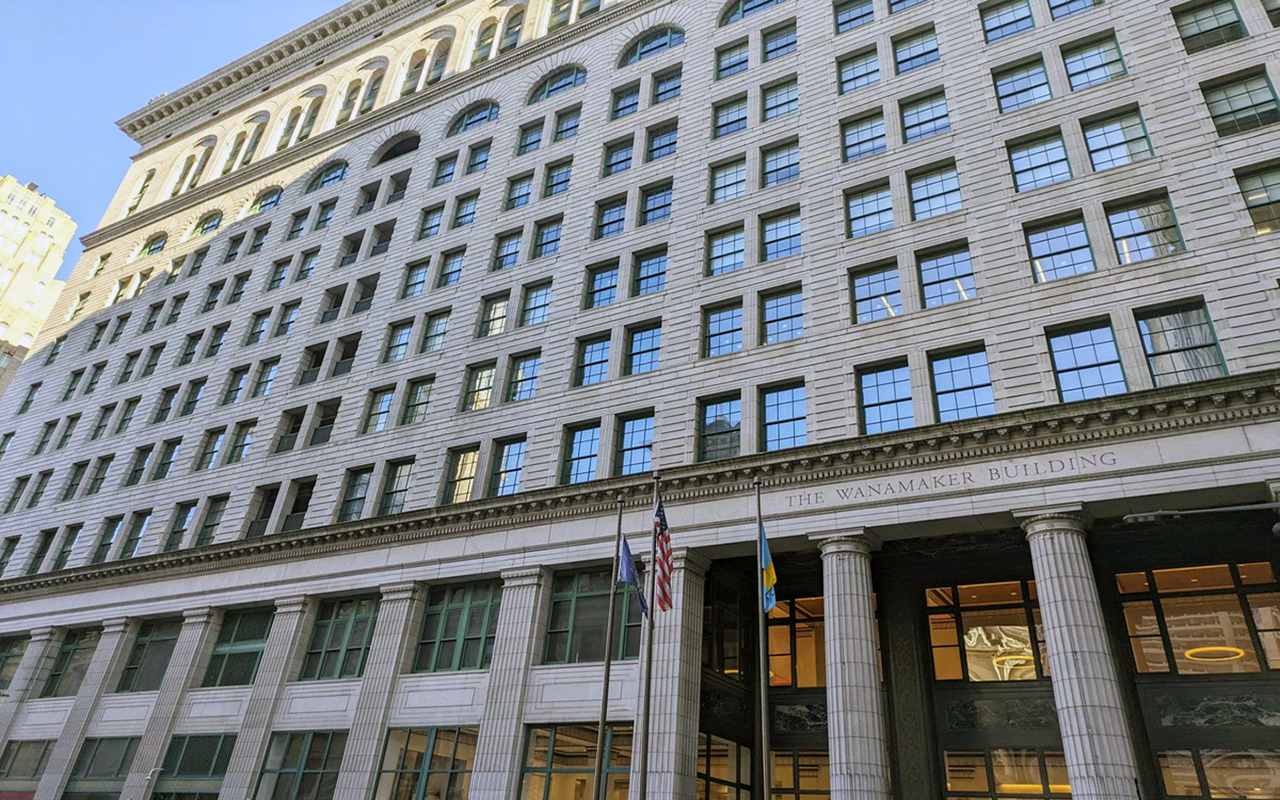
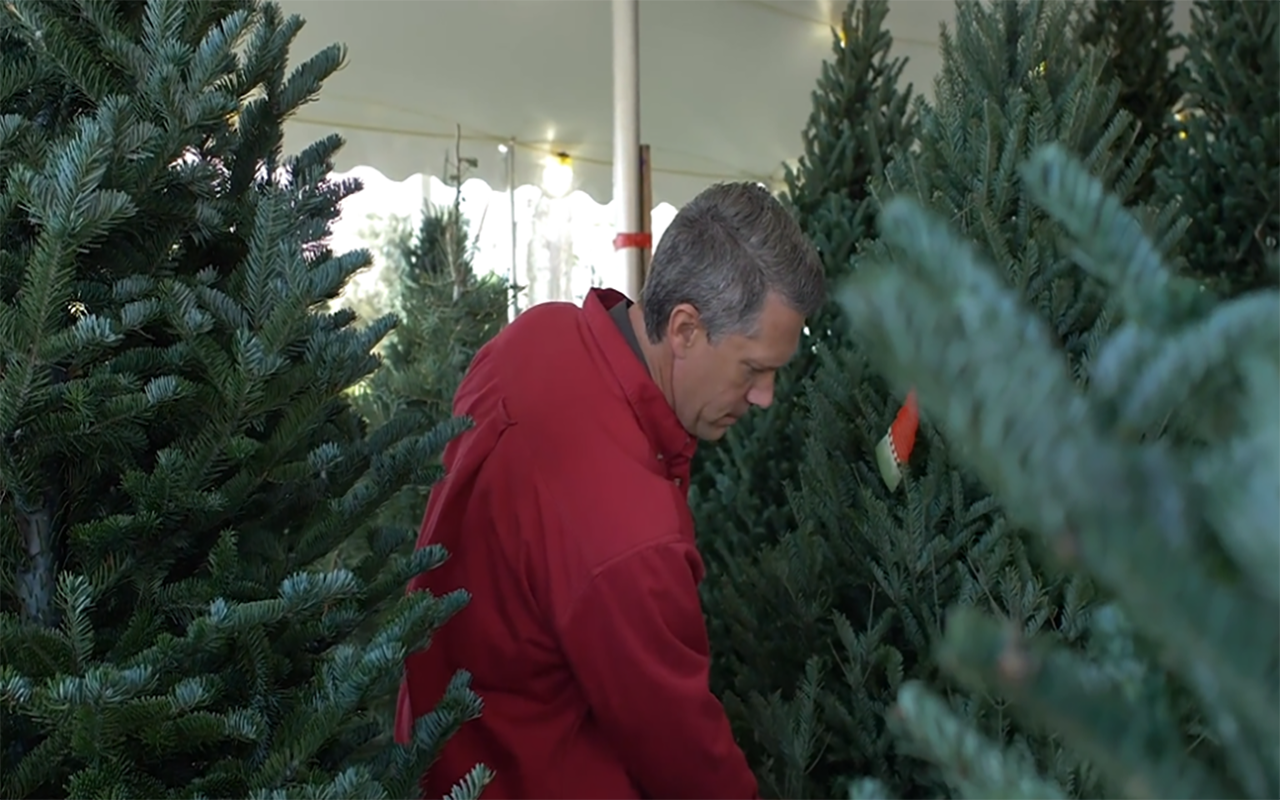
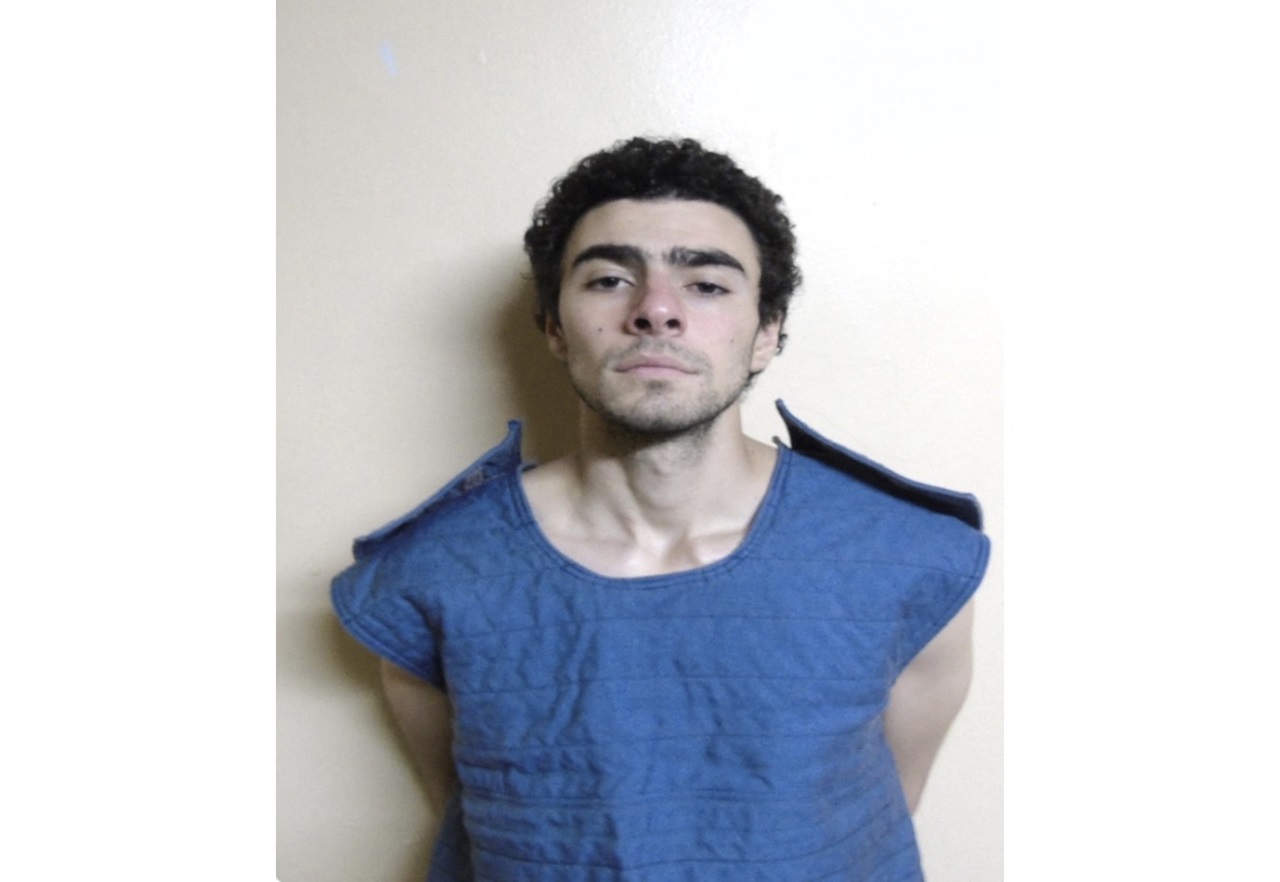
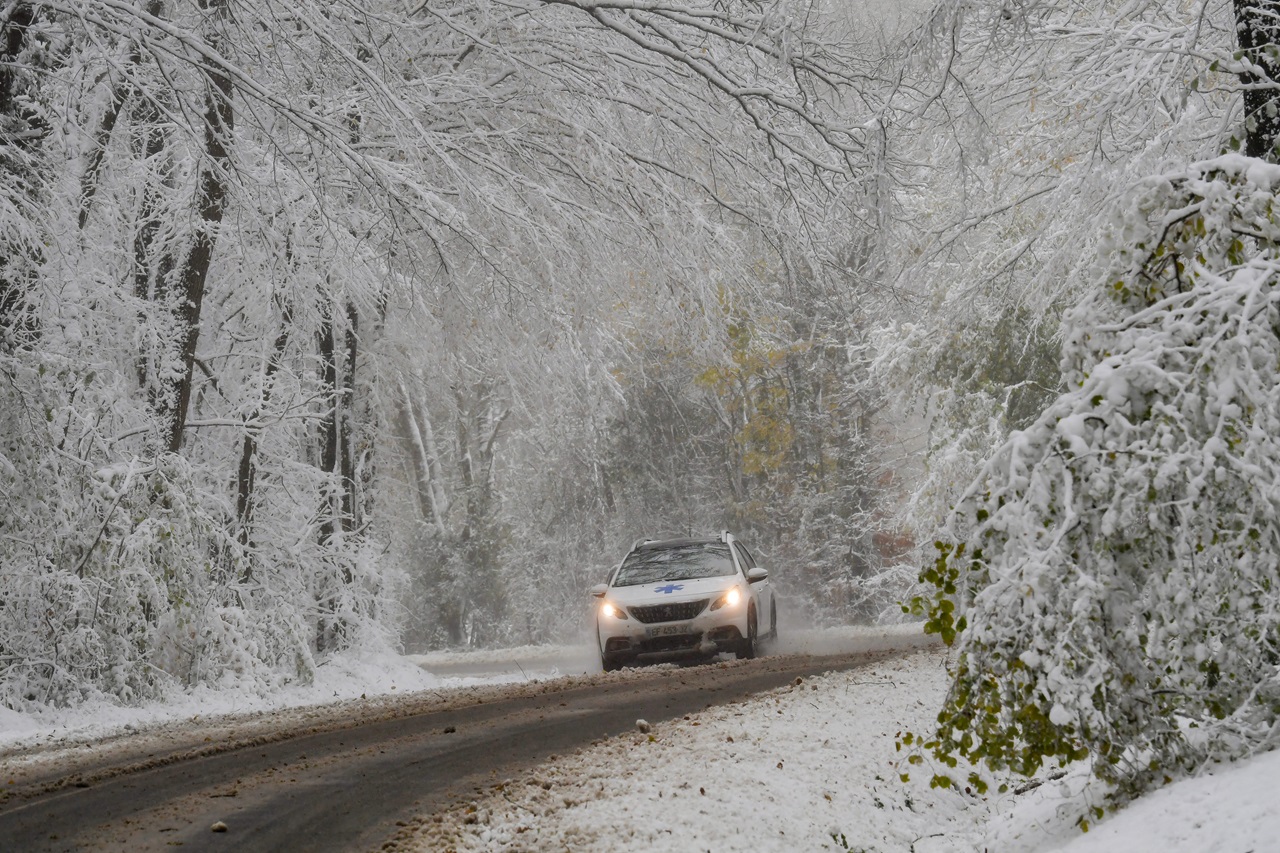
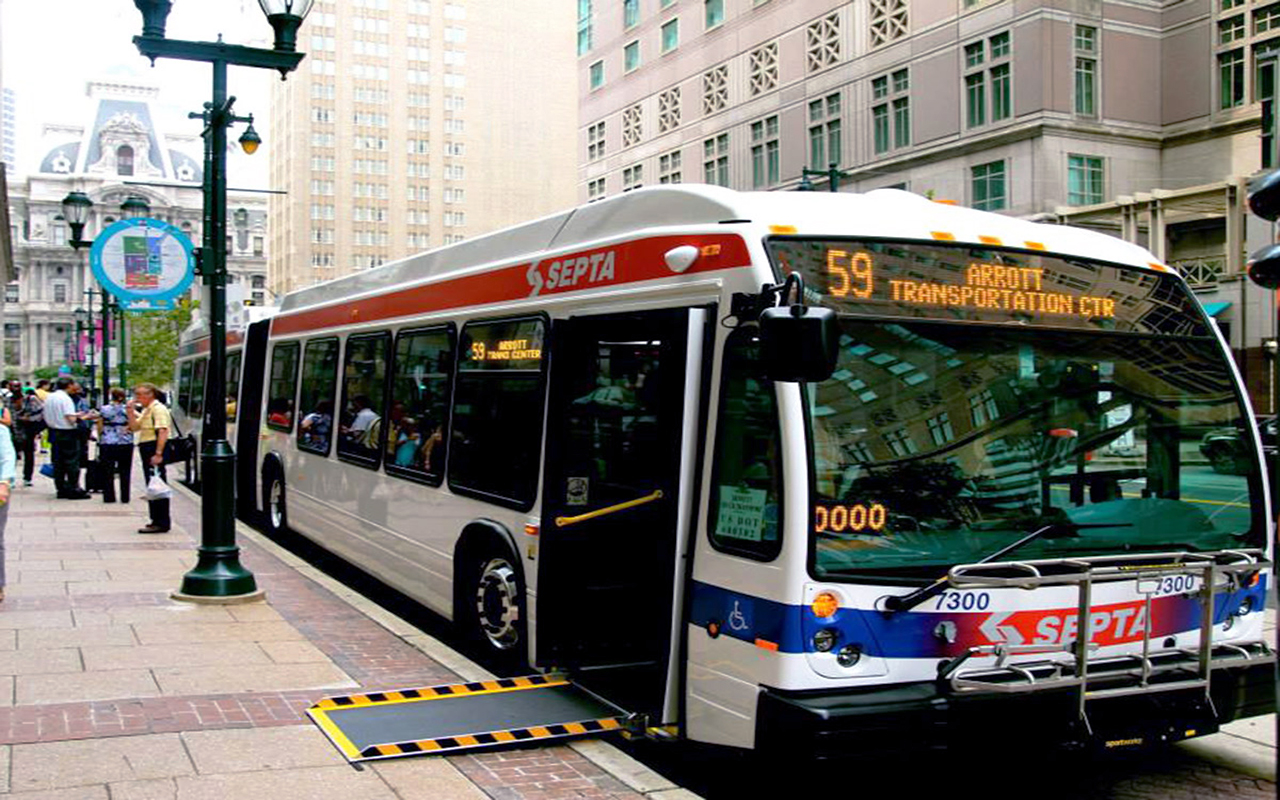
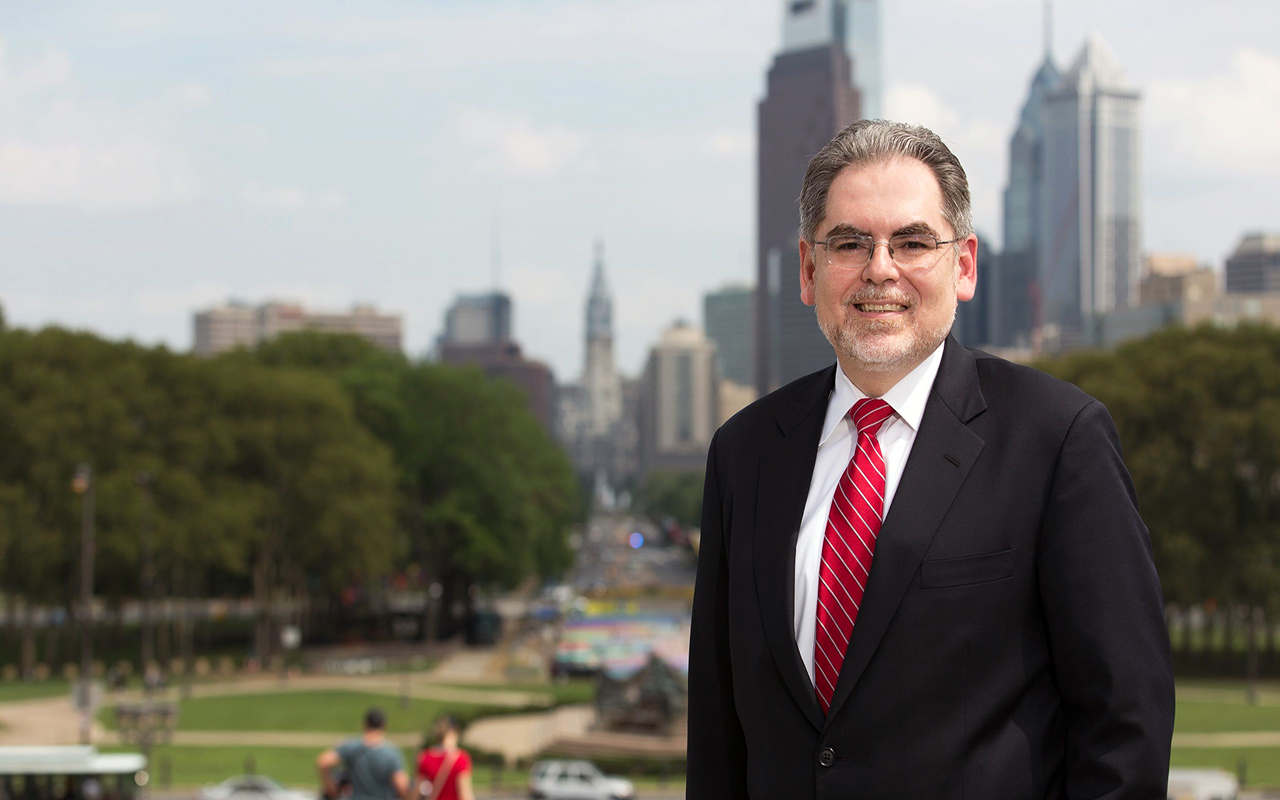

DEJE UN COMENTARIO:
¡Únete a la discusión! Deja un comentario.